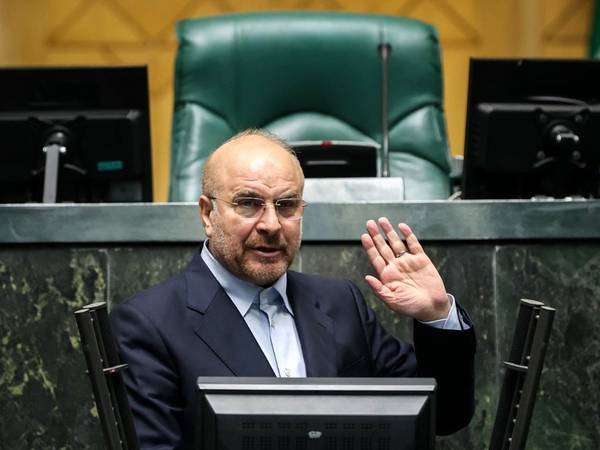Iran has begun deploying advanced centrifuges which enrich uranium for the country’s nuclear program in response to a resolution by the International Atomic Energy Agency (IAEA) calling for greater transparency into Iran's nuclear activities.
Speaking during an open session of parliament on Sunday, Mohammad Bagher Ghalibaf criticized the resolution, accusing the United States and European nations of using Iran's nuclear program as a pretext for unjustified actions.
He said, "The Islamic Republic of Iran's reciprocal response to this political misuse of the Board of Governors was immediately put into action, and the deployment of a set of new and advanced centrifuges has begun".
The IAEA resolution, backed by major Western powers, expresses concerns over Iran’s lack of cooperation in addressing undeclared nuclear sites and calls for full compliance with its obligations under the Nuclear Non-Proliferation Treaty. Tehran, however, has dismissed these concerns and accused the agency of undermining trust through such decisions.
In a statement, France, Germany, the US and the UK criticized Iran’s response on Saturday, emphasizing the lack of credible peaceful rationale for expanding its nuclear program.
They warned that Tehran’s actions could deepen mistrust and further destabilize diplomatic efforts to address its nuclear ambitions.
“[We] note with serious concern Iran’s announcement that, instead of responding to the IAEA resolution with cooperation, it plans to respond with further expansion of its nuclear program in ways that have no credible peaceful rationale."
They also added that with this resolution, the IAEA Board emphasizes the essential and urgent need for Iran to resolve outstanding issues.
The western nations raised hope that Iran will use the time leading up to this report to provide the necessary information and cooperation to address these concerns. Last year, Iran banned a third of the IAEA's inspectors throwing relations between the two into a crisis.
“[This way,] the Agency is able to provide assurance that Iran’s program remains exclusively peaceful, and the Board can close consideration of this matter. If it does not, it will be important that the Board remain engaged to meet the challenge that Iran’s continued refusal to meet its NPT-related nuclear verification obligations would present, including to the credibility of the global IAEA safeguards regime.”
The development comes amid the prolonged deadlock over reviving the 2015 nuclear deal, which Iran claims the resolution jeopardizes.
The IAEA’s calls for compliance and Iran’s defiance highlight the growing divide between Tehran and Western nations. As both sides dig in, the possibility of a diplomatic resolution to the nuclear standoff appears increasingly tenuous.
